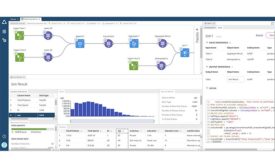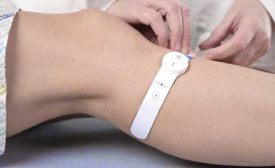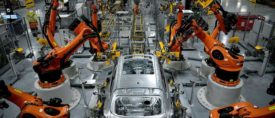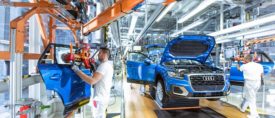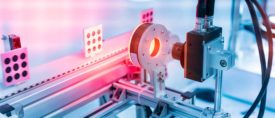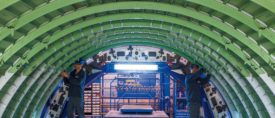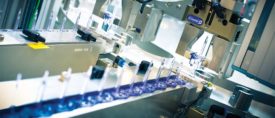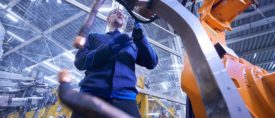Home » factory automation
Articles Tagged with ''factory automation''
Seven Ways Lean Can Evolve
The future of lean lies in digital manufacturing.
September 2, 2021
How IoT Can Lead to Safer Manufacturing
IoT-enabled devices can alert management to worker fatigue, strain or risk-taking behavior.
August 26, 2021
Meeting the Challenge of Implementing AI
Like other transformative technologies, artificial intelligence presents manufacturers with unique challenges to overcome for successful implementation.
August 25, 2021
Digital Transformation in Medical Device Manufacturing
Medical manufacturers are embracing digital transformation as a means to gain agility and efficiency.
August 23, 2021
Industry 4.0 and the Automotive Industry
Audi, BMW and other automotive assemblers are implementing Industry 4.0 technologies to increase efficiency and improve processes.
August 20, 2021
Aerospace, Defense and Industry 4.0
Machine connectivity, data collection and advanced automation have quickly become essential technologies for the major manufacturers in aerospace and defense.
August 18, 2021
Factory of the Future
Inside Schneider Electric’s Smart Factory
A Cold War era facility is a shining example of 21st century digital manufacturing.
August 17, 2021
Never miss the latest news and trends driving the manufacturing industry
Stay in the know on the latest assembly trends.
JOIN TODAY!Copyright ©2024. All Rights Reserved BNP Media.
Design, CMS, Hosting & Web Development :: ePublishing
